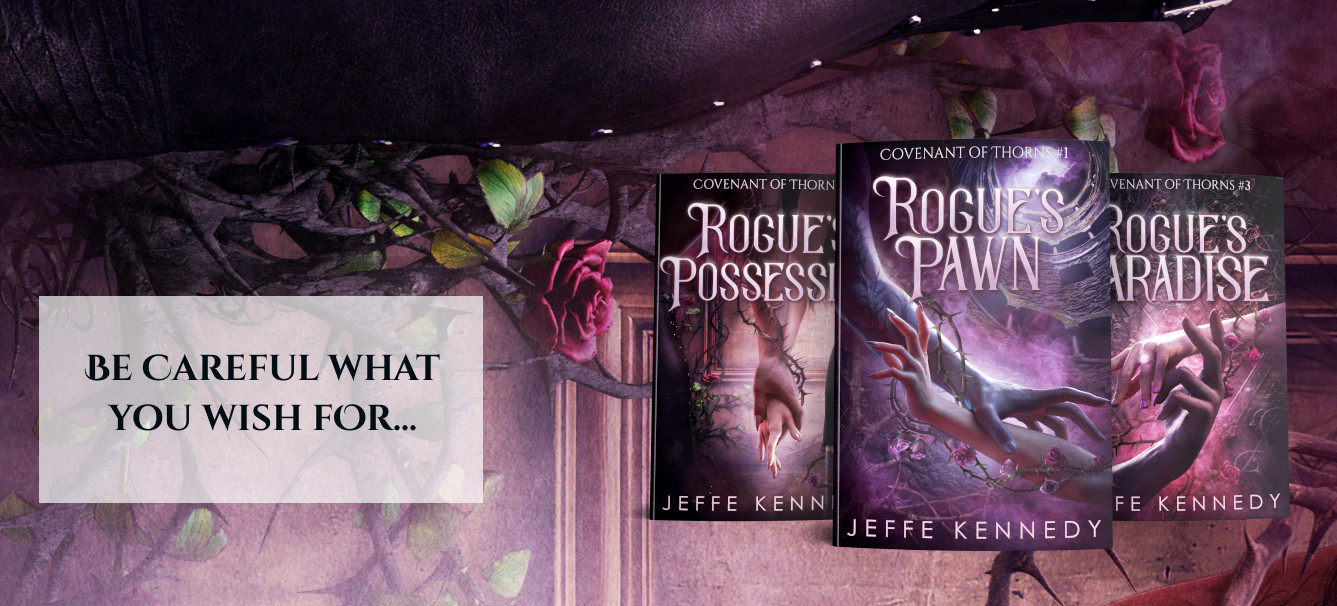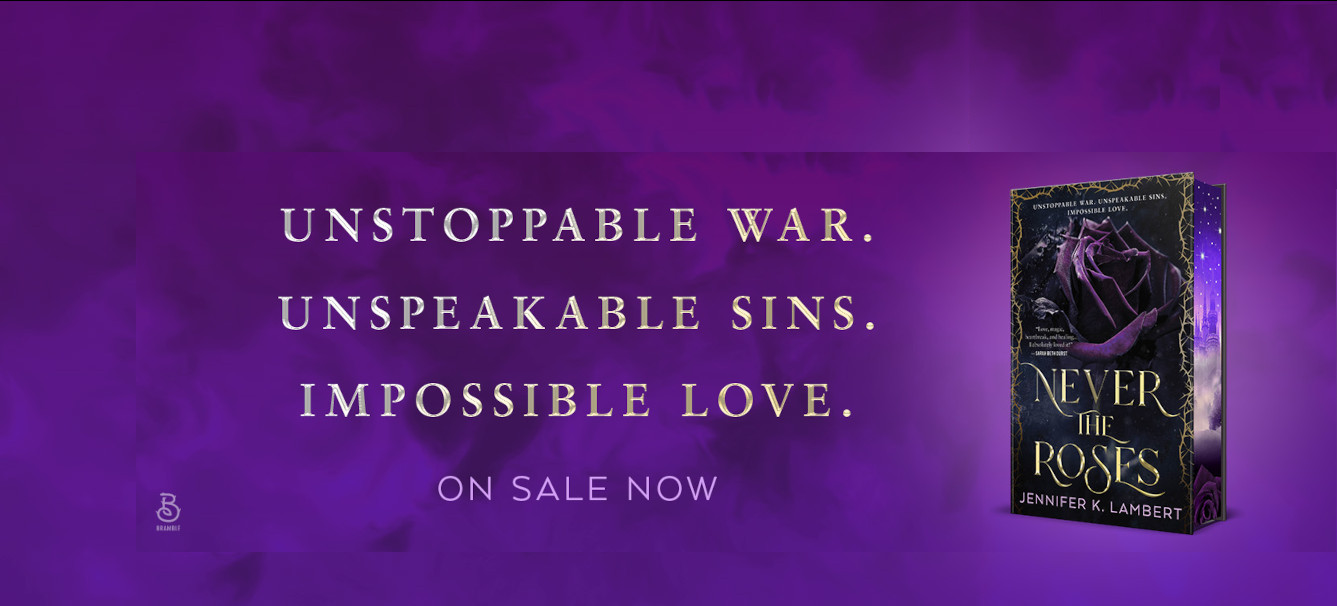





Online Publicity and Book Marketing
It’s kind of interesting to think about that topic at this point, because in the last few weeks I’ve noticed a serious uptick in solicitations I’ve received asking me to participate in various promo events, some free and some costing substantial amounts of money. I’m getting everything from friends emailing about blog hops to publicity “professionals” pimping their services to me. I put that in quotation marks because, with the free and open accessibility of social media, anyone at all can call themselves a “digital marketing professional” – or worse, “guru,” ugh! – and who can prove otherwise?
The upshot is, every day I receive multiple offers for various kinds of online publicity and book marketing. Some are amazing; some are utter shite seeking to scam desperate authors. So, how to tell them apart?
1. What is the ROI?
ROI is Return on Investment. Consider the cost in both financial and personal terms. If something requires a lot of time – a big investment for writers in particular, because time means words not written – or personal energy, look closely at that. I get a lot of offers that require me to do a huge proportion of the work. Why would I do most of the work, particularly if I’m paying to participate? If I’m going to invest my personal time and energy into something, it will be for something I can control and that works well for me.
On the other hand, sometimes I’m asked to participate in something that requires little to no effort on my part and has a low dollar cost associated with it – on those things I’ll often give it a whirl because why not? Even if my return is low, so was my investment, so I’m out very little.
As far as dollars, look carefully at the potential return. For example, a Book Bub ad can be expensive, but they’re very open about their statistics on downloads. They give detailed pricing by genre and list the average downloads. For one genre I recently researched, if I set the book to free, the ad would cost $340. If I set the sale price to <$1, the ad would cost $680 and BookBub estimates I’d get 2,000 downloads, which would break even more or less. If I set the sale price to $1.99, the ad would be $1,180, but I’d stand to make $2,700, give or take. Nothing is guaranteed, of course, but having good statistics is persuasive. Beware sites or companies that list only mailing list numbers or site views and can’t give you any numbers on actual book downloads.
Unless, as above, the investment of personal time and finances is low enough to do it once as a test. In my experience, it’s rare to find those.
2. Who’s asking?
I get everything from offers from close friends to strangers spamming me through various social media venues. Some rules of thumb here:
a. Just because someone is a good friend, that doesn’t mean they have good judgment or that you owe them. Yes, sometimes I do things simply because I want to support a friend. I consider those write-offs. I do it out of love, not as a dedicated promo effort. I wouldn’t do it ad infinitum, particularly if the investment required from me is large. And be realistic about your friend’s savvy. You can love them and be aware that they’re suckers for the Too Good to Be True deal.
b. Good friends are not necessarily good at marketing. I’m much more likely to accept a promo concept from a writer friend who really knows what she’s doing (i.e., has a track record of successful promotions) and has a large readership, than from one who doesn’t. I might love them both equally, but this is also about my career. Business and friendship don’t always mix well. Be aware of which aspect is driving your choices. As I mentioned above, I might do something out of friendship that has low impact on my business, but if a friendship threatens my business choices, then I need to step back and separate the two.
c. The next best thing to a friend? Someone with a good reputation. If the person offering is reputable, you’ll know it. New York Times? Why, yes, I’d love to do an interview! If you don’t recognize the source, Google is your friend. So are writer’s forums like in SFWA. Ask around and you’ll get answers pretty quick.
d. Oh, stranger on the internet – how did you get my information? These “opportunities” are rarely ever good ones. Otherwise they wouldn’t be hunting me down and spamming me. Don’t be suckered in by fawning mentions of your book or flattering insinuations that they picked you out because of your special snowflakeness. This really never happens. And, if it does, you’ll know it because they’ll know a lot about you and your work.
3. Beware of promo companies
There are good promo companies out there, and also bad ones. Then there are ones that seem good, but can get you in trouble. As I write this, a scary tale is emerging about an author banned from Kindle Direct Publishing because Amazon suspected her of manipulating Kindle Unlimited numbers. (link here: http://www.kboards.com/index.php/topic,237687.0/all.html). What’s emerging (and nothing was definitive at the time I wrote this) is that it could be the promo company she used just so happened to handle promo in a way that goes against Amazon’s Terms of Service (TOS), and Amazon states in their TOS that it's the author's responsibility to make sure the promo sites they use adhere to amazon's rules. I could be that their methods have always been against Amazon’s TOS and they're just now cracking down on it. Regardless, any time someone else handles promo, the author is vulnerable. Think about it as the unsupervised accountant haring off to Tahiti with the client’s life savings. For me, I’m finding that having an assistant I trust to handle relationships directly with reviewers and advertising venues is well worth that financial investment. We work closely enough together that I know what’s going on, while she handles the details. With a hired-on promo company... well, you takes your chances.
4. Beware of author groups that natter to each other and not to readers
I probably get more of these than other offer, largely because of #6 below. I’m forever seeing conversations on my author loops about exchanging Facebook likes or Twitter following, in order to beef up those numbers. And everyone is having Facebook release parties, or hosting groups for various subgenres – with associated street team obligations – to cross-promote each other. The thing about these efforts is they’re almost always authors talking to other authors. Yes, you say, but authors are readers, too! Of course we are, but arguably we already know about each other.
This is another case where taking a look at the page or past events can really shine a bright light. If a lot of readers participate, it might be worthwhile. I’ve found that fan pages created by readers deliver a lot more interaction. Some authors have terrific reader interaction and combining efforts with them can be both fun and productive, but I’d guess that for 90 percent of the events I’m invited to, that’s not the case.
5. Cross-promotion is gold
All of this said, the best online publicity I’ve found is cross-promotion with other authors. Participating in collections of various sizes with other authors with overlapping but not identical audiences yields terrific returns. Again, the caveats on friendship above apply. Choose your collaborators out of the business brain, not the friendly one. If it helps, remember that a financial fiasco will destroy a friendship faster than saying “no” will. I highly recommend stalking making contact with authors whose books you love and who write for similar audiences. I’ve done it both directions – invited and been invited – and it’s always flattering if sincerely meant.
The best part of a good cross-promotion with someone of a like mind and savvy business practices is that the effort can cement the friendship. Also, it’s fun! You know how it’s much easier to pimp someone else’s book? With real cross-promo*, you can gush about books you love without guilt, and know that they’re doing the same for you.
*I caveat this as real, as opposed to the contrived author’s groups mentioned in #5. Creating a situation where people promote each other regardless of genuine feeling can lead to marketing that rings false—a big no-no in social media.
So, what have I missed—anything else that’s gold or huge pitfalls to avoid?
*previously published in 2016*